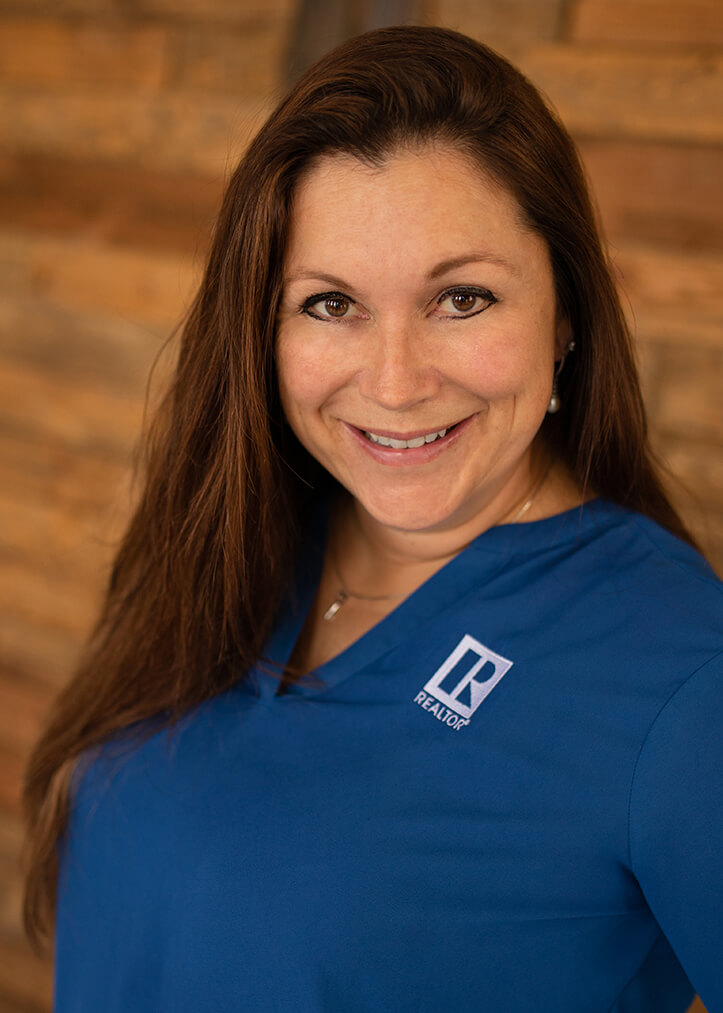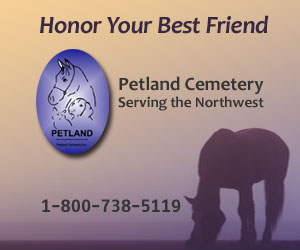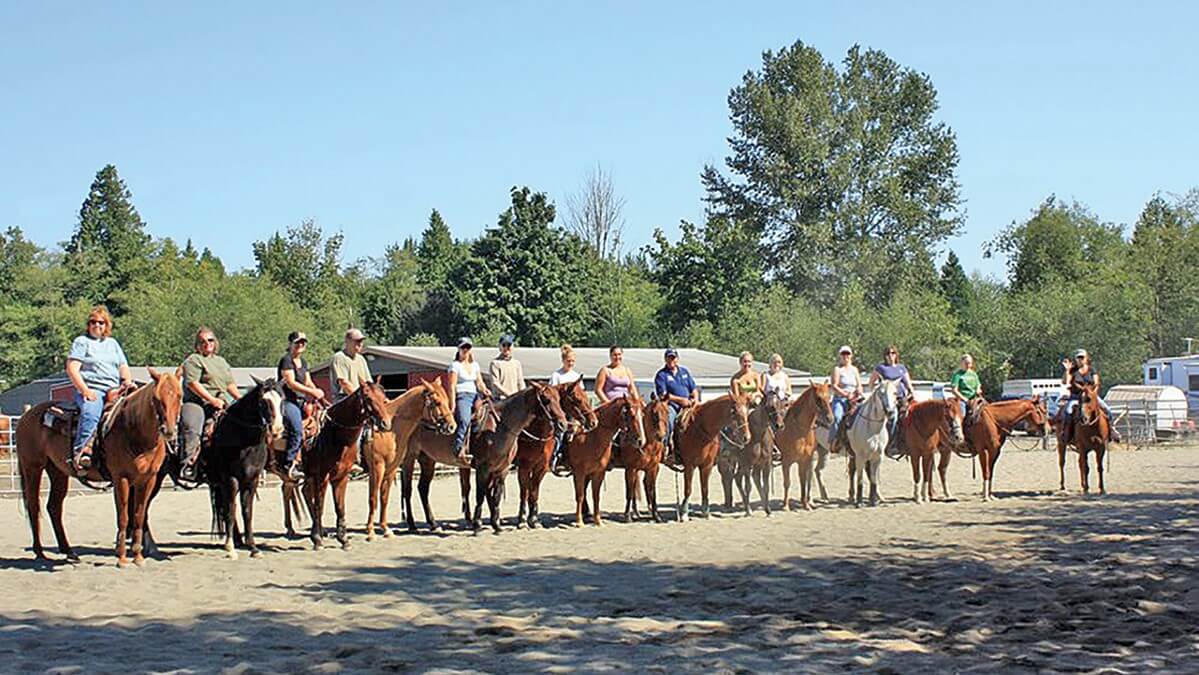Early in my career, hungry for knowledge, I attended many clinics both as a participant and an auditor. Some of my favorites were with Bob Avila and Todd Bergen and I owe a lot of my success to those very experiences. Over my professional career I also gave many clinics, on everything from reining and working cow horse, to 4-H and equine therapy. My favorite topics to facilitate and teach are beginning ranch sorting and introduction to cattle clinics. I love exposing horses and riders to cattle work, regardless of breed or experience.
There are many real benefits to the clinic experience, either as a participant or as an auditor. There are also a few pitfalls and things to avoid. Taking a clinic is a great way to get exposed to a new sport or discipline before committing for the long term. It can be fun and rewarding for a horse/rider team to try something new and test potential skill sets. I have tried everything from mounted shooting to mountain trail and have had a blast each time.
A clinic environment can be an opportunity to ride with a professional who is not normally in the business of giving lessons to the public. This elevated training opportunity offers the gift of truly talented eyes on a given situation. I personally have experienced breakthroughs in my horsemanship because of the insight provided to me in this type of scenario. Even if a clinic is above a rider’s current ability, auditing offers the opportunity to absorb a wealth of information.
There’s the added aspect of immersion that a clinic experience offers that can lead to real changes in a horse and rider. This is something staggered lessons simply can’t accomplish. An intense session is often just what is needed to make real improvement in a person’s skill and understanding.
I also love group training. The fellowship with other horses and riders equals natural camaraderie; it is part of the fun of participating in the horse industry. Riders are also able to learn by watching the struggles and success of others, as well as learn about specific scenarios with horses different than their own. In order to improve we need experience and watching others provides the opportunity to expand knowledge. I also enjoy the rest periods between learning new concepts and practicing which allows reflection and regrouping time. When considering clinic participation, here are a few things to consider:
- Be informed about the professional. Not all trainers are equal, and nobody wants an unnecessary “crash course” because of a trainer who is not qualified. Some clinicians can be more concerned about making a good impression and showing how much they know by showboating rather than focusing on real growth for an individual or horse (often a more subtle experience). I call this “hit and run training” and it can shake the trust between a horse and rider. If a horse is particularly fractious, it may be best to audit a clinic for new information rather than attend as a participant.
- Horses do best with consistency in training. Bouncing from clinic to clinic and taking a little piece from each experience can leave the horse disjointed and confused. Each trainer’s program works because the pieces fit together into a cohesive plan and philosophy. Combining small pieces of a bunch of different philosophies does not often result in a pretty picture.
- It’s inevitable that the horse doesn’t present the problem the rider has attended the clinic to fix. My suggestion is to avoid riding into a clinic with a specific plan in mind. Instead, ride the horse and work on the problems that present themselves in the moment. The rider may not truly know what the problems are, and the clinician may have the key to unlock the door to more successful rides. This can be the best result of a clinic.
- Stay open minded but mindful. Don’t resist new concepts, or stay stuck in rutted thinking. Likewise, do not put horse or rider in danger by moving too far out of a comfort zone. Ride into clinics as a student armed with common sense.
A clinic can be a wonderful opportunity to learn and grow. Hopefully these tips will help you choose the best one for you and your horse.
See this article in the September 2021 online edition:

Allison Trimble is a Realtor® specializing in equestrian properties, farm and ranch properties, and residential real estate. She’s a former horse trainer, and a current owner, breeder, and non-pro competitor in cow horse and reining events. For many years, Allison wrote a monthly column for The Northwest Horse Source.
Learn more at www.allisonblakerealestate.com






